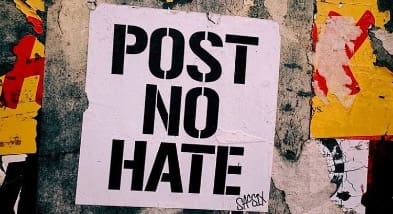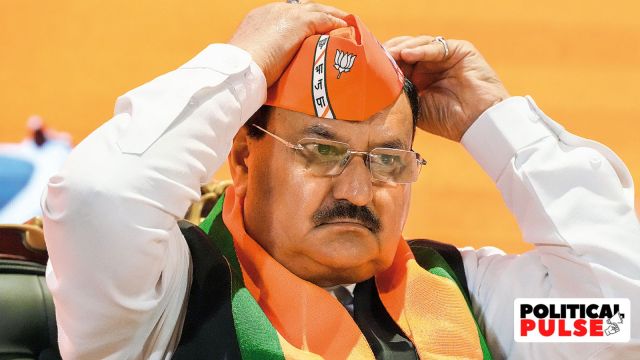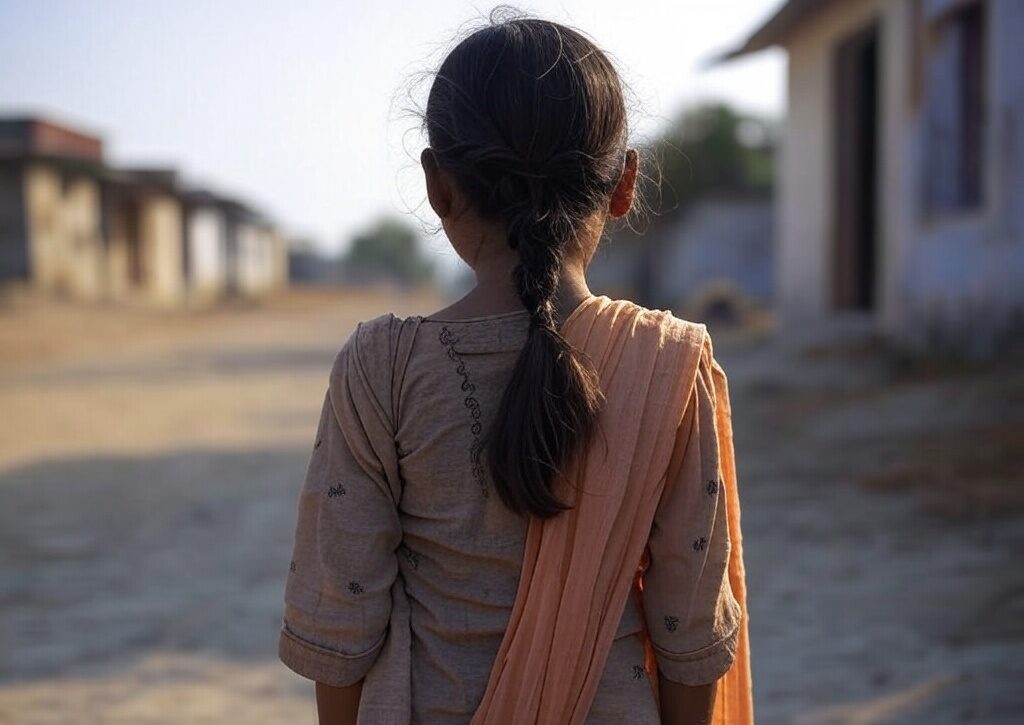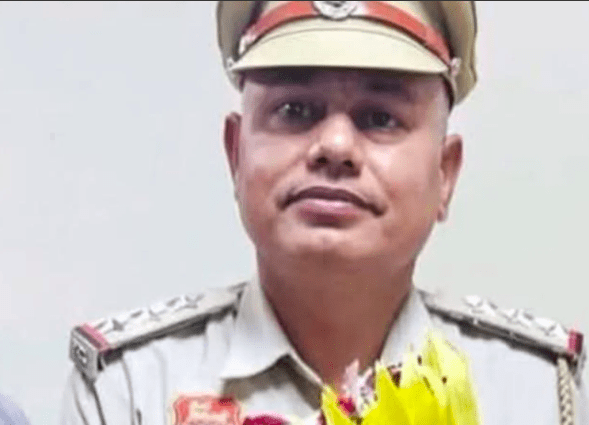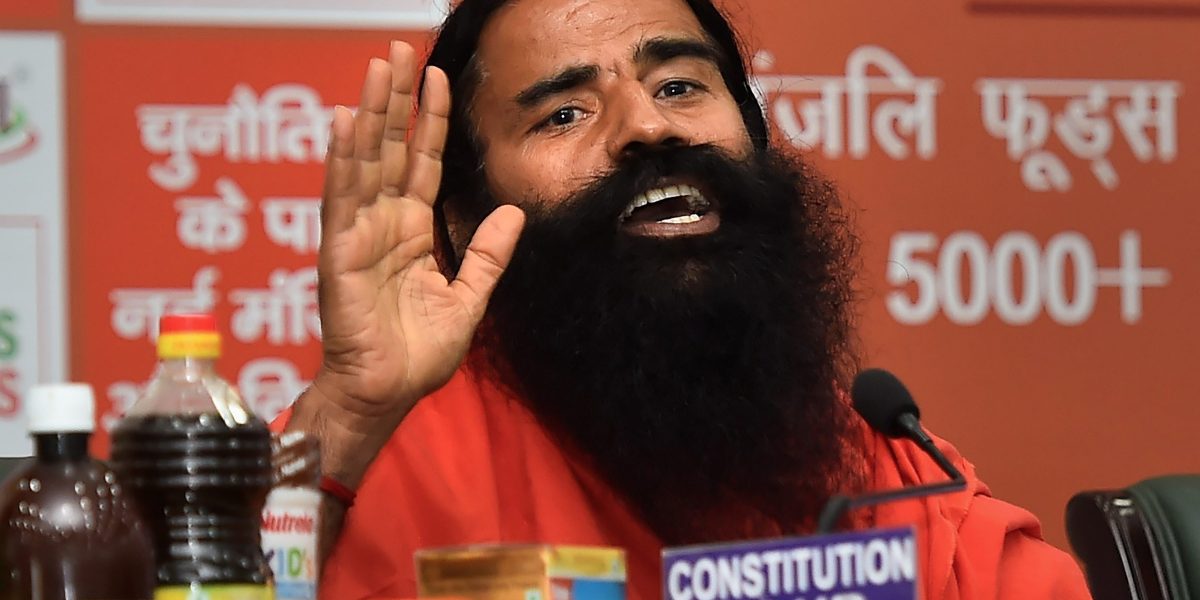
After being held in jail for close to four years awaiting trial on charges of aiding militants, the Kashmiri journalist Aasif Sultan was granted bail by the courts last week, and he thought he could finally return home to his wife and his daughter, who was just 6 months old when he was arrested.
But the Indian authorities didn’t let him go, levying similar charges under a different law, and have since moved him to a different jail.
Mr. Sultan’s case is the latest instance, rights activists say, in which the Indian authorities have weaponized the legal system to limit free speech and harass journalists, particularly those in the Indian-controlled portion of the disputed Kashmir region. Some have been arrested under laws that allow people to be held for extended periods without trial, and that make bail terms extremely difficult, and sometimes impossible.
Mr. Sultan is now being held under the stringent Jammu and Kashmir Public Safety Act, a preventive detention law that lets the region’s authorities keep a suspect in jail for a maximum of two years — without any formal criminal charges being filed, and so without any trial and with no hope for bail — if local authorities contend that the person presents a security risk or a threat to public order.
Activists argue that the law violates international human rights, and lawyers say the Indian authorities have used it to round up Kashmiris posing no threat of violence, including journalists, students and those with sizable political or economic sway in the region.
“The Public Safety Act is based on the apprehension that one may do something illegal and not that one may have done something illegal,” said Shafqat Nazir, a lawyer who practices at the High Court of Srinagar, Kashmir’s largest city. “Just on the basis of an apprehension, one can rot in jail for two years.”
Mr. Sultan’s experience — a detention extended either just after a court grants bail or just before a bail hearing — has become a pattern, applied against at least two other Kashmiri journalists arrested in recent months.
Fahad Shah, the editor in chief of a news website called The Kashmir Walla, was first arrested in February. He has been arrested three times since then, with the authorities bringing new charges as soon as he received bail in the previous ones.

And Sajad Gul, a trainee reporter for The Kashmir Walla, was arrested on Jan. 5 for uploading a video he had recorded of the family of a slain militant in which they were displaying anti-India slogans, the police said, according to local media reports. He got bail 10 days later. But before he was released, the authorities informed him that he would continue to be held under the Public Safety Act.
Mr. Shah was described by the police as an “anti-national element under the cover of journalism” who is “continuously propagating stories which are against the interest and security of the nation.”
Yashraj Sharma, who has been leading The Kashmir Walla since Mr. Shah’s detention, said the government’s practice of arrests, then rearrests, was sending a chilling message to journalists.
“Every time we hit the publish button, we are not sure if that particular story will land us in jail the next day,” Mr. Sharma said. “Regional media has been squished.”
The New York Times made multiple requests for comment on how the Public Safety Act was being used in the region, to India’s Home Ministry, the governor of Jammu and Kashmir, the police and the offices of two district magistrates.
One district magistrate, in Bandipora, responded but did not divulge details of Mr. Gul’s case, citing privacy concerns. He said, without offering evidence, that the Public Safety Act was not “being used to silence the media or critics” and that there were “so many journalists working freely in our district.”
Across India, activists, writers, students, academics and journalists have complained of an increased climate of intimidation as the government of Prime Minister Narendra Modi, in power since 2014, seeks to stifle its critics.
Charges of sedition, under a law that dates to the British colonial era, have been on the rise in recent years. Thousands of people, including poets, political organizers and a Catholic priest, have been jailed under an antiterrorism law, the Unlawful Activities Prevention Act. That law, the one under which Mr. Sultan was originally detained, does require that a trial ultimately be held and does allow for bail, though it can take years for it to be granted.

But in Kashmir, it is the Public Safety Act that is used more often to silence dissenters, including minors, in part, the law’s critics say, because it invests so much authority in the region’s government and is subject to so little judicial oversight.
Kashmiri journalists have long found themselves in a precarious situation, squeezed between violent militants seeking independence and the Indian government, which has tried to keep the largely Muslim region under a tight grip.
But rights activists say the clampdown on Kashmir’s media has intensified since 2019, when Mr. Modi’s government revoked the state’s special status, which had given it a degree of autonomy, and dissolved its elected government, bringing the region under direct control of the federal government.
The Committee to Protect Journalists has repeatedly called for the immediate and unconditional release of Mr. Sultan.
A retired police official defended the use of the Public Safety Act.
“It is not fair to say that the law is arbitrary,” said Shesh Paul Vaid, the head of the police in Jammu and Kashmir from 2016 to 2018. “Hundreds of journalists are working there. If these three have been slapped with P.S.A., it means the authorities must have information on how they could be a threat to the security of the country or to law and order.”
Mr. Vaid added that an advisory board, headed by a retired judge, must assess the government’s case for detention within three months.
Both the highest court in Jammu and Kashmir and India’s Supreme Court can overturn detentions under the act. “In so many cases the P.S.A. detention has been quashed by higher courts,” Mr. Vaid said.

Mr. Sultan, who has been a journalist for more than a decade, was arrested in 2018 and charged under the Unlawful Activities Prevention Act after writing an article on Burhan Wani, a top commander of the banned Kashmiri militant group Hizbul Mujahideen, who was killed by the Indian security forces in 2016. His death was followed by protests and clashes, among the worst in the restive region in years.
The authorities accused Mr. Sultan of harboring militants and of helping the Hizbul Mujahideen, which the government considers a terrorist organization, carry out militant activities, according to his lawyer, Adil Abdullah Pandit. But Mr. Pandit convinced a special court that the government’s evidence was weak, and Mr. Sultan, who has denied the government’s accusations, was ordered released on bail.
The local authorities then immediately made the case to hold him under the Public Safety Act. The police claimed he was “planning to again indulge in illegal/anti-national activities” and said his detention was warranted “to prevent the society from violence, strikes, economic adversity and social indiscipline.”
On Monday morning, as it was confirmed that Mr. Sultan was still not coming home, his father, Muhammad, and his daughter, Areeba Aasif, now 4, were waiting outside the police station where he was being held. The elder Mr. Sultan said he had seen his son, but was not allowed to speak to him.
“My wife does not cry anymore. She used to cry a lot,” said the elder Mr. Sultan. “She was eagerly waiting for her son’s return. We all were.”
This article first appeared on nytimes.com


